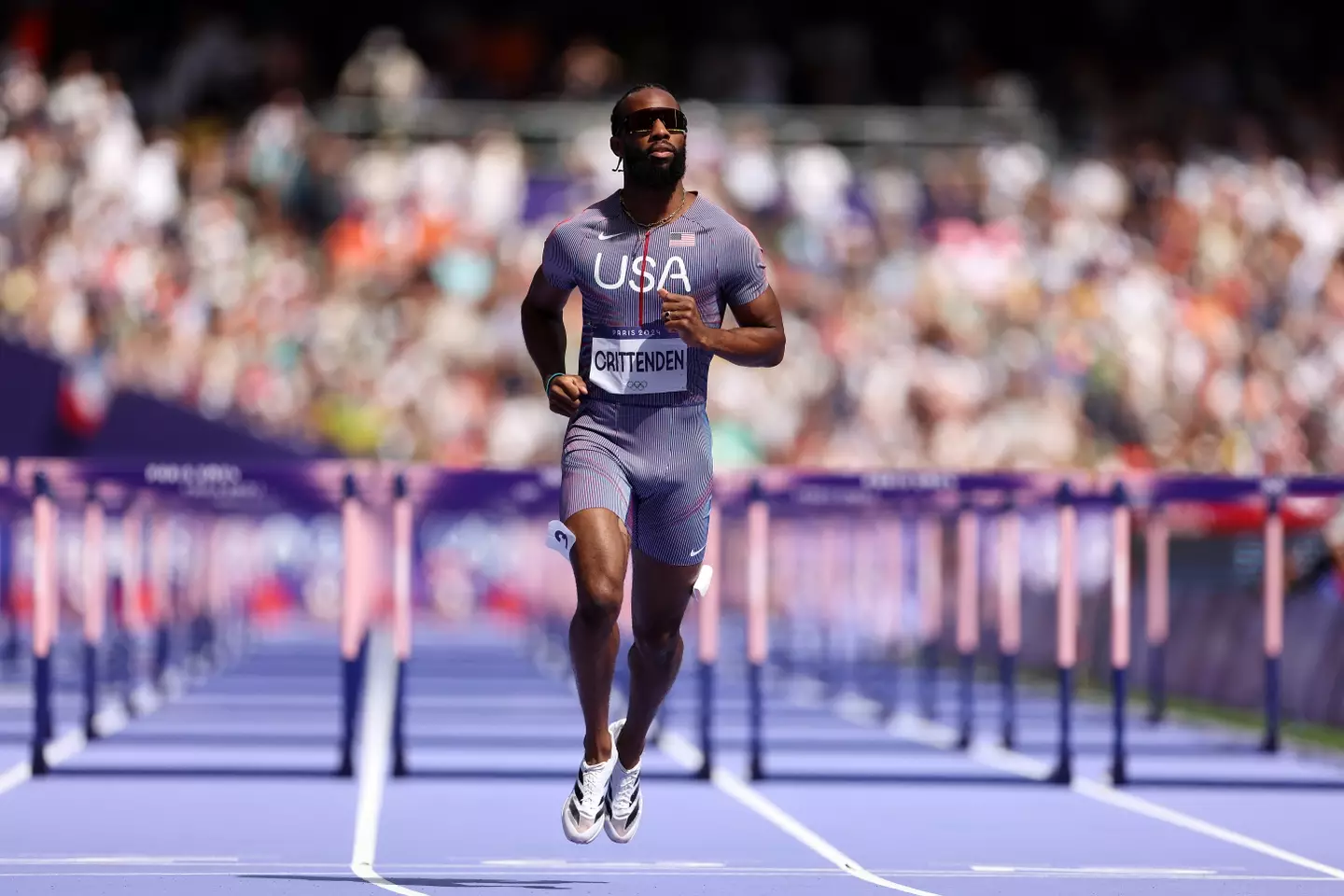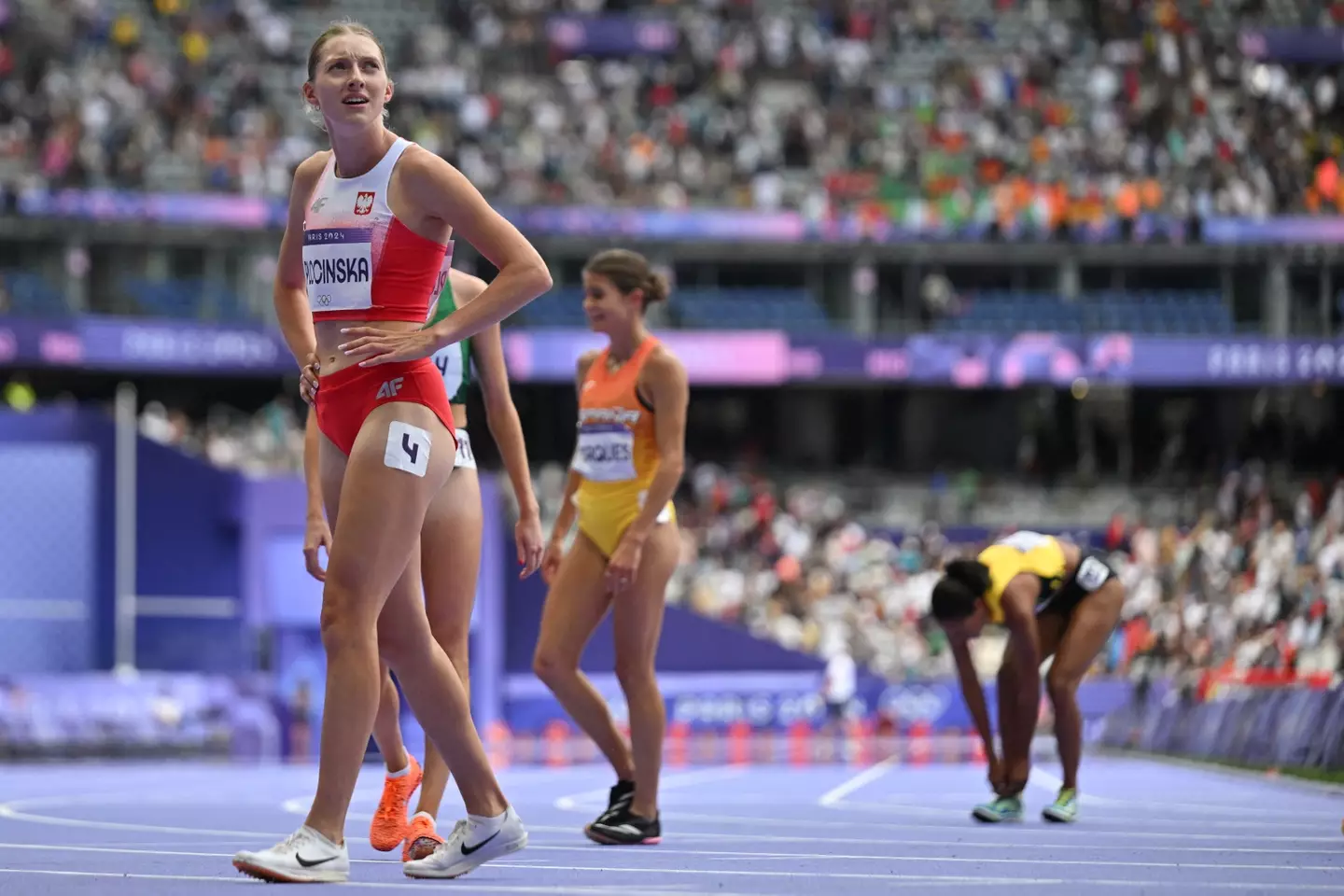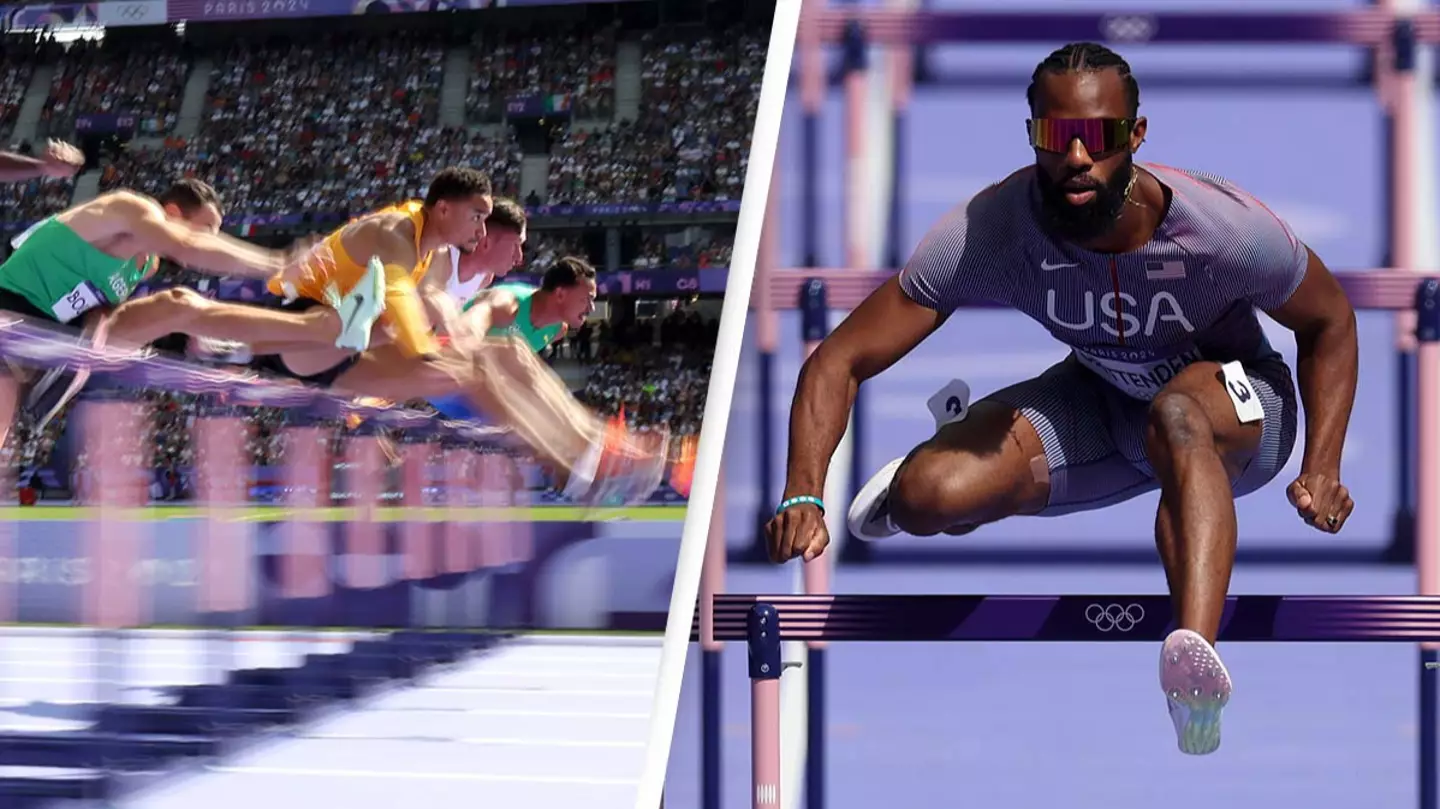The newly introduced rescue round in athletics for the 2024 Paris Olympics has garnered mixed reactions, with some viewers deeming it ‘brutal.’
In 2022, the World Athletics Council gave the green light to ‘introducing a repechage round to all individual track events from 200m to 1500m in distance, including the hurdles events’ for the Paris 2024 Olympic Games.
However, on Monday (August 5), during the 2024 Paris Olympics, several athletes chose not to participate in their repechage race.
The ‘repechage’ round essentially provides a second chance for athletes who failed to qualify for the semi-finals.
World Athletics president Lord Coe announced the inclusion of the repechage round in the Paris Olympics in a 2022 press release, stating: “This is an innovation which will make progression in these events more straightforward for athletes and will build anticipation for fans and broadcasters.
“The repechage rounds will give more exposure to our sport during the peak Olympic period and will be carefully scheduled to ensure that every event on our Olympic programme retains its share of the spotlight.”
On paper, this seems beneficial, right? Yet, during the Paris 2024 Olympics, some athletes have chosen to skip the repechage rounds, and one has even labeled it as ‘brutal.’ But what’s the reason behind this?

The athletics events began on August 1, and by Monday (August 5), eight out of 26 runners did not appear for the men’s 400m repechage round, according to The Telegraph.
Why? The introduction of a repechage round has increased the number of rounds in some track events from three to four, imposing additional physical and mental demands on the athletes.
This additional strain has led some athletes to opt out entirely.
Australian 1500m runner Stewie McSweyn, who ran a qualifying time in the heats that would have advanced him to the semi-finals under the old system, failed to qualify after the repechage round.
He told The Telegraph: “It’s brutal. The standard of the men’s 1500m is so good that you have 24 hours less rest than everyone else and you’re going to be really up against it. It’s exciting for the crowd, which I like. But it makes it difficult. I don’t think we’re going to have too many miracle stories of guys coming from the repechage into the final.”
In the women’s 800m heats, Lithuania’s Gabija Galvydyte expressed similar concerns, stating there’s not ‘enough time to recover’ between the heats and repechage race.
Conversely, some athletes are taking a strategic approach to the additional race.

Team USA hurdler Freddie Crittenden deliberately reduced his speed before the finish line in the men’s 110-meter hurdle, anticipating that he would end up in the repechage race regardless.
By slowing down, not only did he allow himself more recovery time for an injury, but he also faced less competition in the repechage, as the top three athletes had already advanced to the semi-finals, he told NBC.

